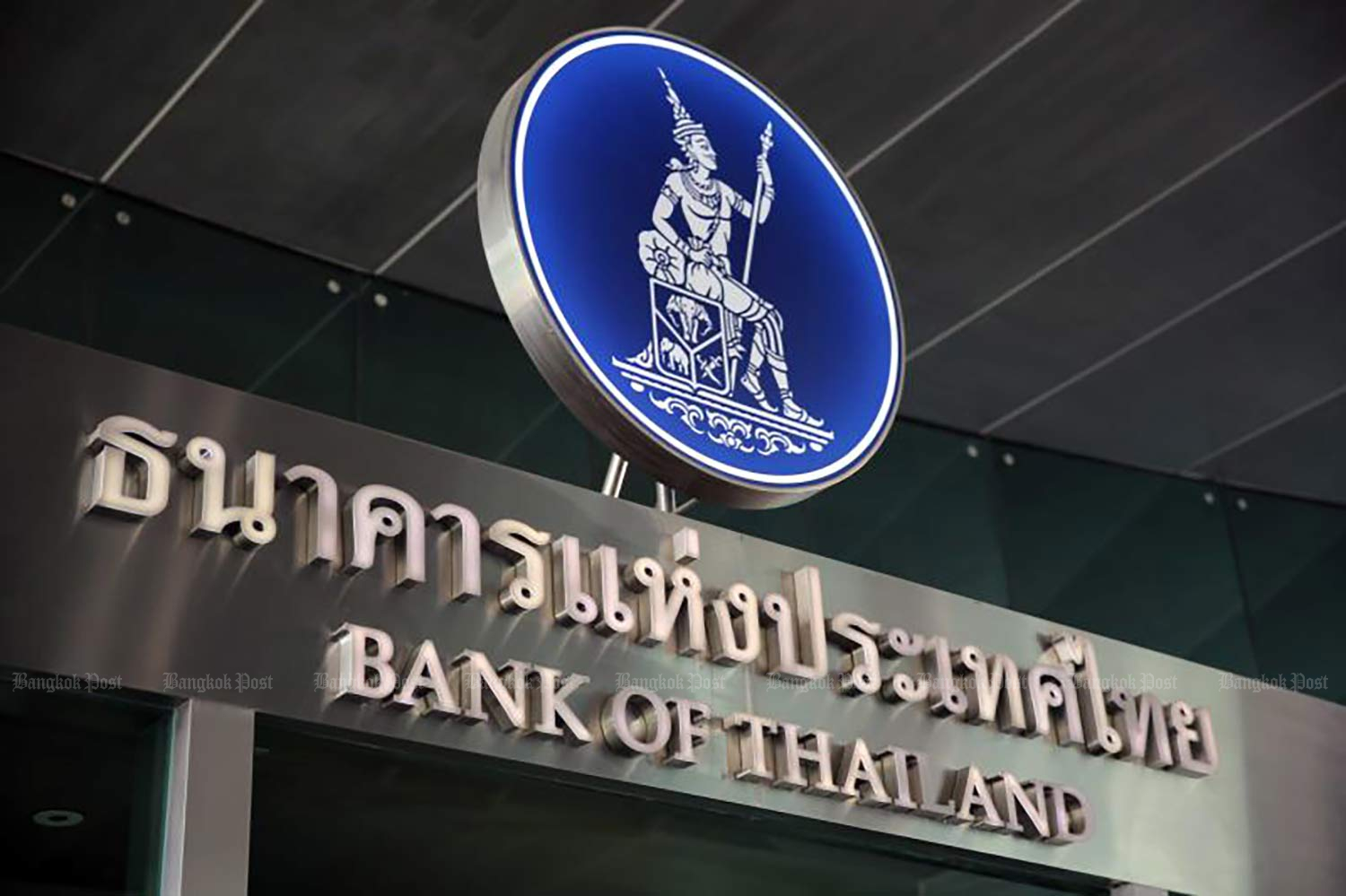
The Bank of Thailand has raised concerns over the Thai capital and bond markets, given domestic political uncertainty and default risks pertaining to corporate debentures.
The corporate bond market faces higher risks of an increase in defaults of corporate bonds compared to 2022. In addition, more companies are receiving negative rating actions on their credit ratings and credit outlook as a result of individual factors relating to each enterprise, according to the central bank's statement.
"The capital market has become more volatile due to domestic political uncertainty. At the same time, corporate governance issues of listed companies have also prompted investors to exercise more caution on their investments," the statement said.
Even though the risks to financial stability are currently limited and the overall corporate bond market remains resilient, the central bank's committees would continue to monitor financial markets and the credit risks of corporate bond issuers, the statement said after a joint meeting between the Monetary Policy Committee (MPC) and the Financial Institutions Policy Committee (FIPC) on July 7, 2023.
The committees also emphasised the importance of exercising a joint effort among regulators regarding the risk assessment and resolutions in order to cope with circumstances under which financial institutions, financial markets, insurance companies and the financial systems are all impacted in a prompt and timely manner.
In addition, the committees also discussed enhancing the supervision and governance measures of relevant parties which include listed and/or non-listed companies issuing securities in the capital market, auditors, and credit rating agencies to promote confidence among investors.
Even though financial institutions, financial markets and insurance companies possess adequate liquidity and strong financial positions, the regulators should be prepared for unprecedented risk events.
The central bank, the Office of the Securities and Exchange Commission (SEC) and the Office of Insurance Commission (OIC) jointly conducted a 2023 macro stress test under the scenario of a more-sluggish-than-expected economic recovery.
The stress test included liquidity stress stemming from sudden and severe deposit outflows at a level unseen in the past. Other factors which could critically affect the financial system, even when the probability of such events occurring in Thailand is low, were also included in the stress test.
The MPC and the FIPC will continue to closely monitor and assess risks, and will be prepared to implement appropriate measures in a prompt and timely manner to maintain stability in the Thai financial system. By taking these steps it can help foster sustainable economic growth, according to the statement.
Nevertheless, some households remain vulnerable due to a slower-than-expected recovery in their income and the rising cost of living. Moreover, the financial position of small and medium-sized enterprises (SMEs), which have yet to fully recover from the Covid-19 pandemic, as well as those affected by the export slowdown in tandem with the global economy, should also be monitored.
The committees acknowledged that the vulnerability of both households and SMEs may result in deteriorating asset quality of financial institutions. However, financial institutions should be able to manage their asset quality and assist borrowers through debt restructuring procedures, thereby limiting the likelihood of having a sharp rise in non-performing loans.
However, the Thai economy should continue to expand, driven mainly by tourism and private consumption, translating into an improvement in the income and financial positions of both householders and the corporate sectors, according to the central bank.